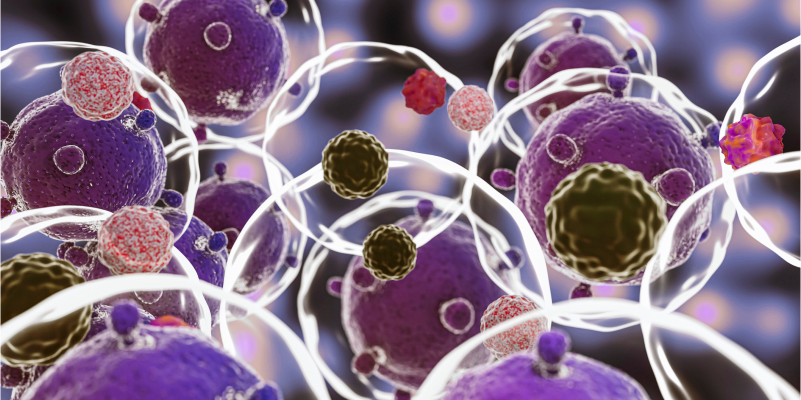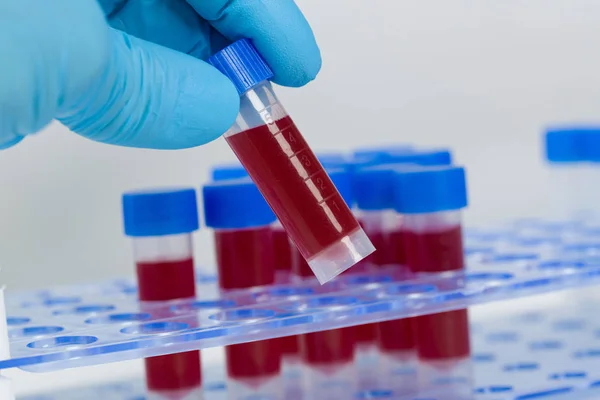Introduction
Living with cancer-related fatigue can be incredibly challenging. The persistent exhaustion and lack of energy experienced by individuals undergoing cancer treatment can take a toll on their overall well-being. However, there is growing evidence to suggest that exercise can play a significant role in managing cancer-related fatigue and improving physical and emotional health. In this article, we will explore how exercise can combat fatigue, enhance energy levels, and promote overall well-being in cancer patients.
Understanding Cancer-Related Fatigue
Cancer-related fatigue is a complex symptom characterized by extreme tiredness, weakness, and lack of energy. It can be caused by cancer treatments such as chemotherapy, radiation therapy, surgery, hormonal therapy, or the cancer itself. Fatigue can persist for long periods, making even simple tasks challenging and impacting an individual’s cognitive function and emotional well-being. Managing cancer-related fatigue is crucial to improving quality of life and supporting overall health during and after cancer treatment.
The Role of Exercise in Managing Cancer-Related Fatigue
Exercise is emerging as a promising intervention for managing cancer-related fatigue. Contrary to the belief that rest is the best approach to combat fatigue, research has shown that regular physical activity can alleviate fatigue, boost energy levels, and improve overall well-being. Here are some key benefits of exercise in managing cancer-related fatigue:
- Improved Energy Levels: Engaging in regular exercise increases oxygen flow to the muscles, improves circulation, and enhances stamina. By doing so, it can help improve energy levels and reduce feelings of exhaustion commonly experienced by cancer patients.
- Enhanced Physical Functioning: Exercise can improve physical functioning, muscle strength, and flexibility. Activities such as walking, strength training, yoga, or tai chi can help maintain or improve physical abilities, making daily tasks easier to perform.
- Mental Health Benefits: Physical activity releases endorphins, the body’s natural feel-good hormones. This can lead to elevated mood, reduced anxiety and depression, and improved emotional resilience in cancer patients.
- Cognitive Function Improvement: Regular exercise has been linked to enhanced cognitive function and mental clarity. Improved concentration, memory, and cognitive processing speed can help counteract the cognitive impairments often associated with cancer-related fatigue.
- Quality of Life Enhancement: Engaging in regular exercise can lead to an overall improvement in quality of life for cancer patients. By reducing fatigue, improving physical functioning, and enhancing mental health, exercise can help individuals regain a sense of control, autonomy, and vitality, leading to a better quality of life during and after cancer treatment.
Incorporating Exercise into Cancer Care
Integrating exercise into cancer care requires a personalized approach. Healthcare professionals, including oncologists, nurses, and physiotherapists, play a crucial role in designing and supervising exercise programs tailored to the specific needs of each patient. Here are some key considerations when incorporating exercise into cancer care:
- Consult with Healthcare Providers: Before starting any exercise program, it is important to consult with healthcare providers to ensure it is safe and appropriate for the individual’s condition. Oncologists or specialized oncology physiotherapists can provide guidance on the type, intensity, and duration of exercise that is suitable.
- Start Slow and Gradually Increase: It is important to start with low-intensity exercises and gradually increase the intensity and duration as tolerated. This progressive approach helps prevent injury, fatigue, and overexertion, allowing the individual to build up strength and endurance over time.
- Explore Different Types of Exercise: There are various types of exercise that can benefit cancer patients, including aerobic exercises (such as walking, cycling, or swimming), strength training, flexibility exercises, and mind-body practices like yoga or tai chi. Individuals can explore different activities to find what works best for them and brings the most benefit.
- Listen to Your Body: It is essential to listen to the body’s signals while exercising, especially when managing cancer-related fatigue. If feeling overly fatigued, dizzy, or experiencing pain, it is important to stop the activity and rest. Adapting the exercise routine to one’s energy levels and physical capabilities is key to a safe and effective workout.
- Stay Consistent and Motivated: Building a consistent exercise routine can be challenging, especially when experiencing cancer-related fatigue. Setting realistic goals, tracking progress, and seeking support from healthcare providers, family, or support groups can help individuals stay motivated and committed to their exercise program.
Conclusion
Incorporating exercise into cancer care can have a profound impact on managing cancer-related fatigue, improving energy levels, and enhancing overall well-being. By engaging in regular physical activity, individuals can combat fatigue, improve physical functioning, boost mental health, and enhance their quality of life during and after cancer treatment. Healthcare providers, caregivers, and individuals themselves play a vital role in promoting the benefits of exercise and supporting its integration into cancer care. Exercise is not only a tool for physical wellness but also a powerful strategy for emotional resilience and empowerment in the face of cancer-related fatigue.






